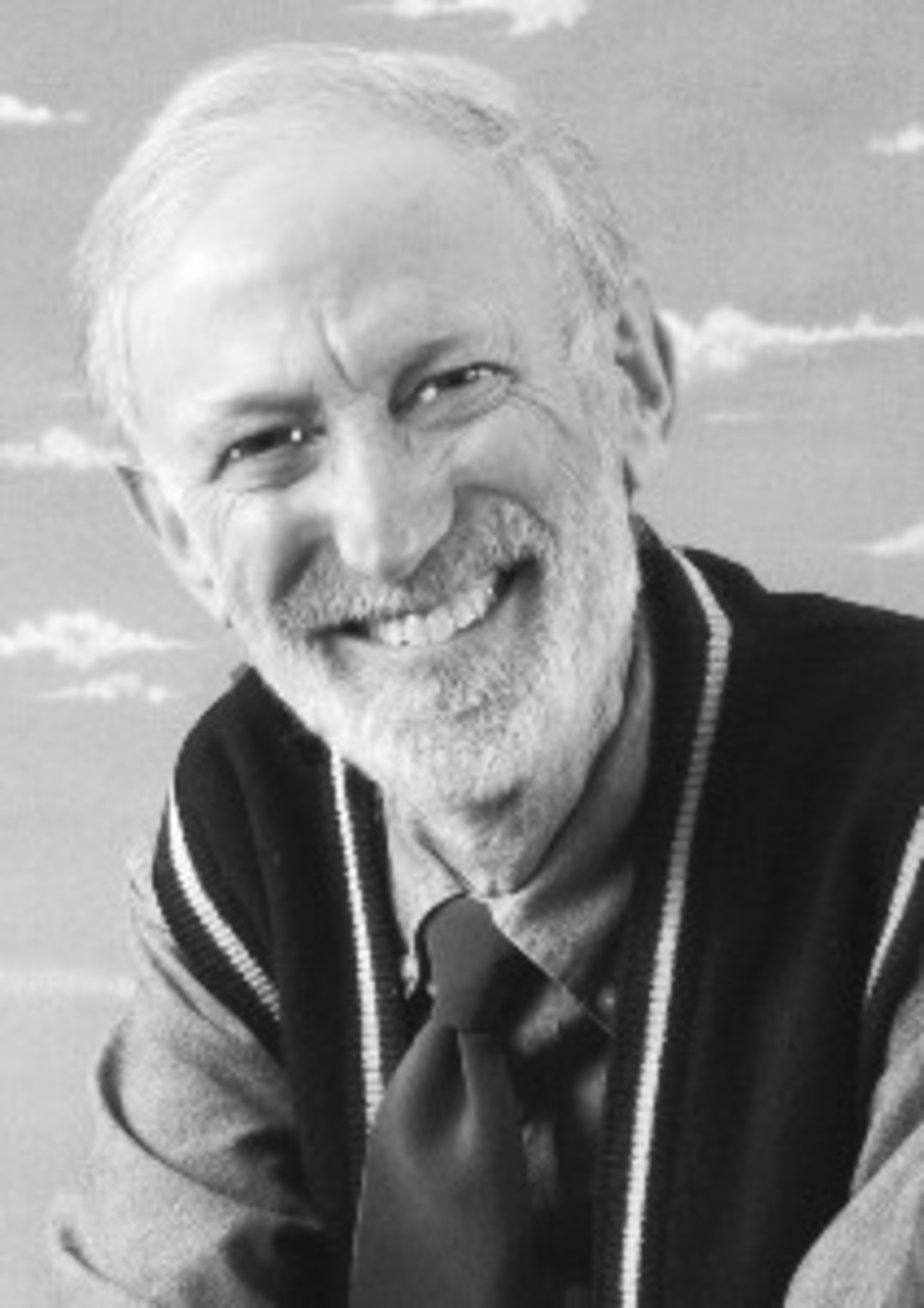Midsummer night’s dreams
These are some of my high hopes: First of all, I invite the robins, sparrows and pigeons to visit the birdbath at the Highlands, the senior center near my East Side home, and hope that The Highlands’ residents will sit on the little bench – made from the trunk of a fallen tree – to watch the birds splash and to listen to their cheery chirps and coos.
Many delays and small problems arose before the dedication took place, but it was a gala event nevertheless. Doves were released and fine wine was served as a salute and toast to the month of June.
A couple of crewmen who check out the Providence River in preparation for the big WaterFire events kindly asked me aboard to join them in their quests for the nests of Canadian geese, swans and ducks who raised their broods rather late this springtime.
We found that the streaming canal was somewhat Venetian, with a city of birds crafting their homes in the leftover pilings of ruined docks at India Point – they made a perfect condominium for gulls and cormorants. The ships we passed ranged in style from cozy houseboats to charming old tugs, which were a little out-of-date, but still cute and appealing.
I had a grand time with Levi and Garry, who putt-putted along in a plain black motorboat that left from a pier near Hemenway’s Restaurant and dropped me off an hour later at the Korean War statue.
I’m sort of saying goodbye to June and hello to July, but it is a seamless transition. Len Newman meets me at Seven Stars and promises we can rendezvous again in a South County café, such as Java Madness, perhaps, to discuss the design for the Holocaust Memorial Monument that we hope will join other plaques and garden statues that commemorate and interpret the wars and other tragedies that have affected citizens of Rhode Island as well as inspire and deepen our spirits onward into the future. Building the Holocaust Memorial Monument is a major project that deeply concerns me.
I prefer to have a plan for July and August. After the height of the sunshine, the days at once begin to shrink. You want to have something to show for the tides slipping by.
Otherwise, I like to spend time lying in a hammock, strolling the beach or floating on the surface of a lake or the sea when it is calm and at peaceful high tide. I may find a book to read from the library or a bookstore after a lazy lunch – that offers a contemplative semi-siesta. I sometimes enjoy a brief break from familiar scenery, but, of late, airports make travel rather less appealing or is it just my many moons that sap my energy and vim for voyages?
“What to make of a diminished thing?” the poet Robert Frost asked when he noticed the late egg-laying instinct of an ovenbird. How, Frost meant, does you find joy once your midsummer has passed by?
My answer is to smile, maybe even to laugh and find pleasure in the littlest surprise – an unexpected courtesy, an unearned kind word, the miniature mercy of the shade of a tree, the flash of a sunbeam bringing out the color of a flower or a plant’s sweet scent upon a slight breeze. I ordered a supply of gorgeous music on CDs that ranges from the complete collection of the Ink Spots, with their witty, melancholy, paradoxical celebrations of pop ballads and Benny Goodman’s Americanization of klezmer performances, to the tragic lyrics of such wartime plaintive refrains as “My Sister and I,” also rendered by Goodman.
Those lyrics, “The warm and lovely world we knew has been struck by a bitter frost, but my sister and I recall with a sigh the world we knew, and loved, and lost,” were written by Alex Kramer, Joan Whitney and Hu Zaret. The words, of course, refer to the “kinder” (children) who left their families and past behind for us to imagine. I drive around amid the beauties of June and listen to such nostalgic words and sounds … as well as the music of the birds and the spheres.
MIKE FINK (mfink33@aol.com) is an English professor at RISD.








